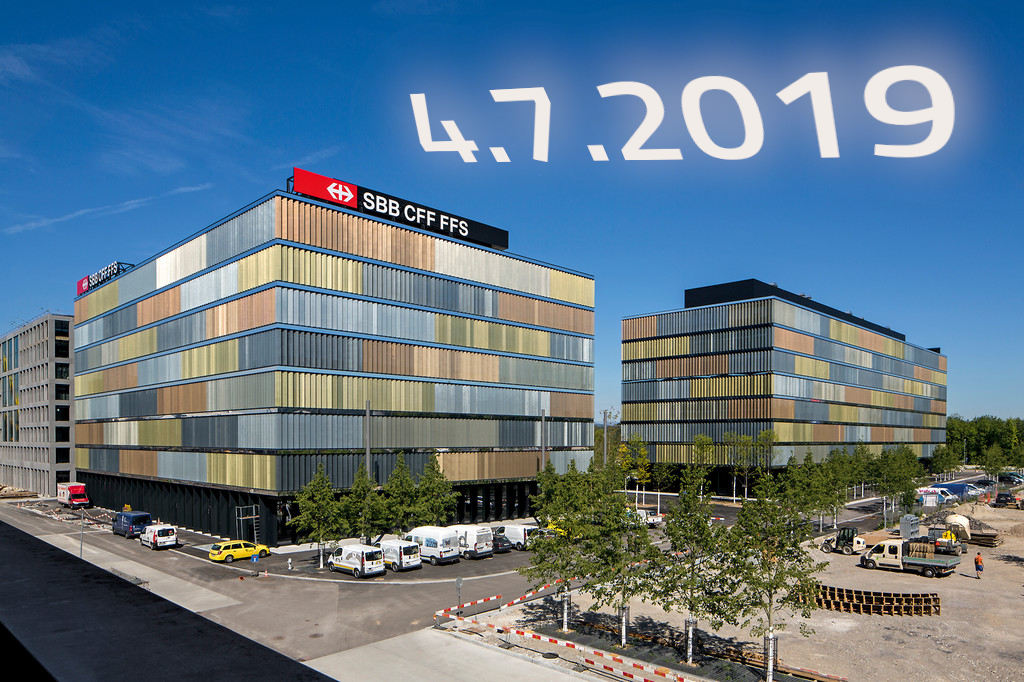On 4 July 2019, the Open Data Community of Switzerland will meet for its ninth annual exchange. This year we are guests of the SBB in Bern-Wankdorf. And together we dare to do something new.
For almost ten years we have been networking Open Data interested and committed people in Switzerland and beyond. With a multitude of centralised and decentralised events: Meetups, Hackdays and our annual conference. This year we are launching a new format to develop the conference programme in a participatory way with the participants, and to create more space for concrete exchange among each other.
The conference format “Unconference”, which we want to call “Forum”, differs fundamentally from conventional conferences: instead of following one-way communication and lectures from the stage to the plenum, the participants can contribute their own questions and challenges, experiences and competences and exchange ideas with those present on the topics that are most burning under their nails. They take new ideas and insights with them. They make and deepen contacts with like-minded people and experts.

The full announcement of this year’s annual conference program can be found in German on our blog. So save the date, and contact us if you are interested in being a community champion and supporting our outreach efforts!
I’ll also take this opportunity to announce here that I’m stepping out of the School of Data Working Group, and a seat on the board is vacant for someone who wishes to continue supporting our international data literacy program. I believe that with the new strategy, key aspects of our mandate have been incorporated into the key concerns of the association. In the months ahead, I plan to dedicate my time towards concrete open data projects. And of course, I don’t plan to stop teaching and running workshops and hackathons anytime soon!
One other consequence of this change is that I’m moving some of the SchoolofData.ch resources within the Opendata.ch fold, and asking the wider association to help use and translate and promote this common infrastructure - starting with this forum, which now runs under forum.opendata.ch. Old links should continue to work, but please let me know if you notice any issues.
In the meanwhile, here is a look back at last year’s un/conference in St. Gallen.

